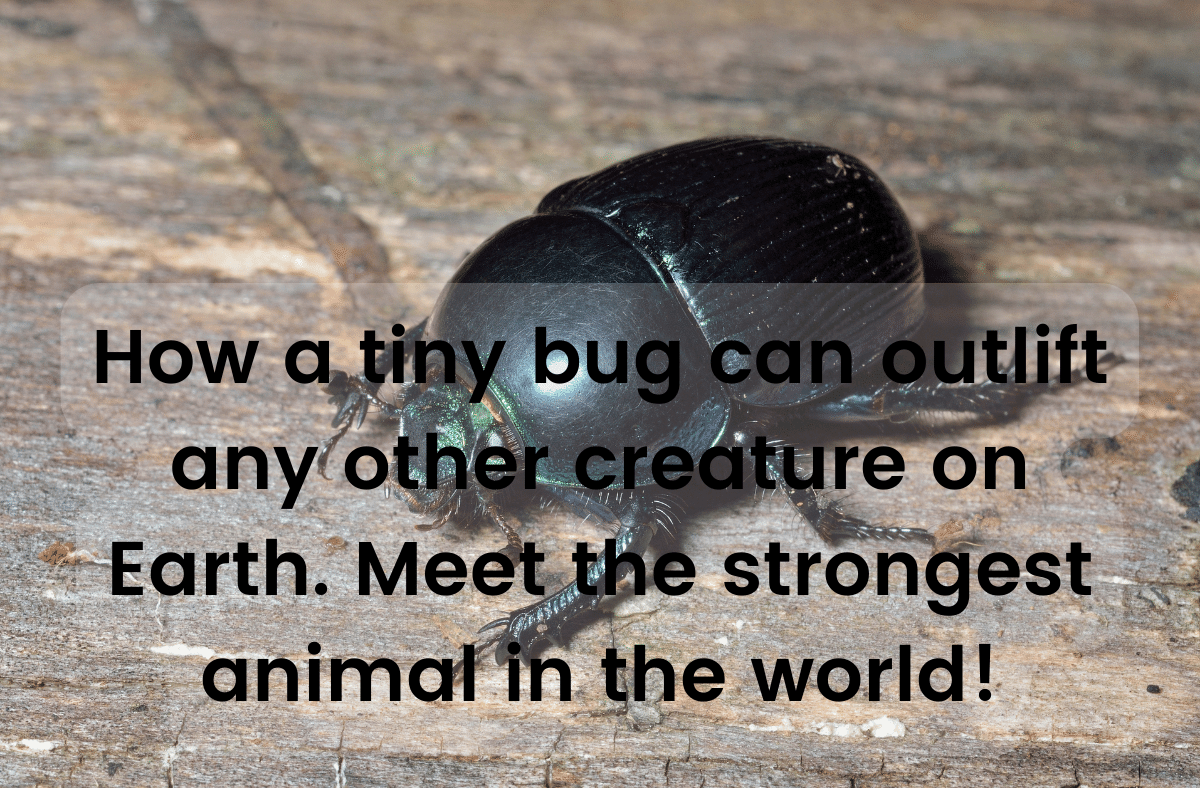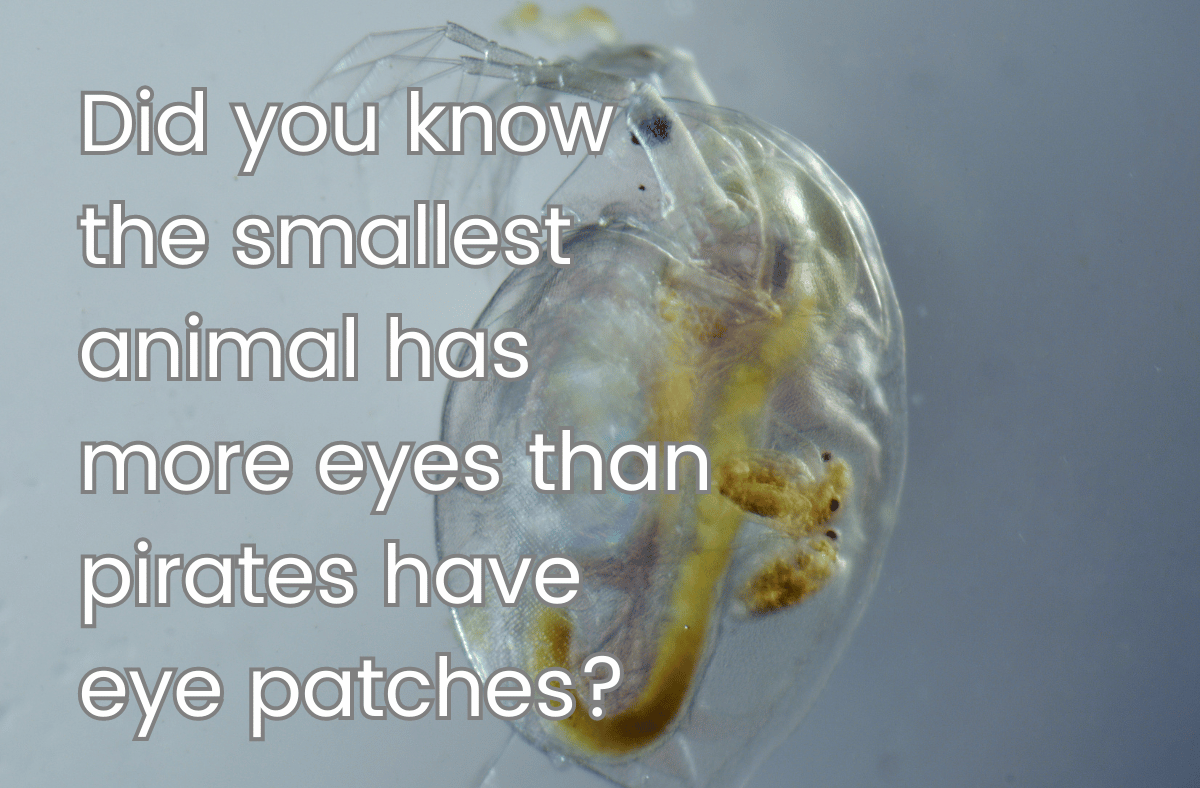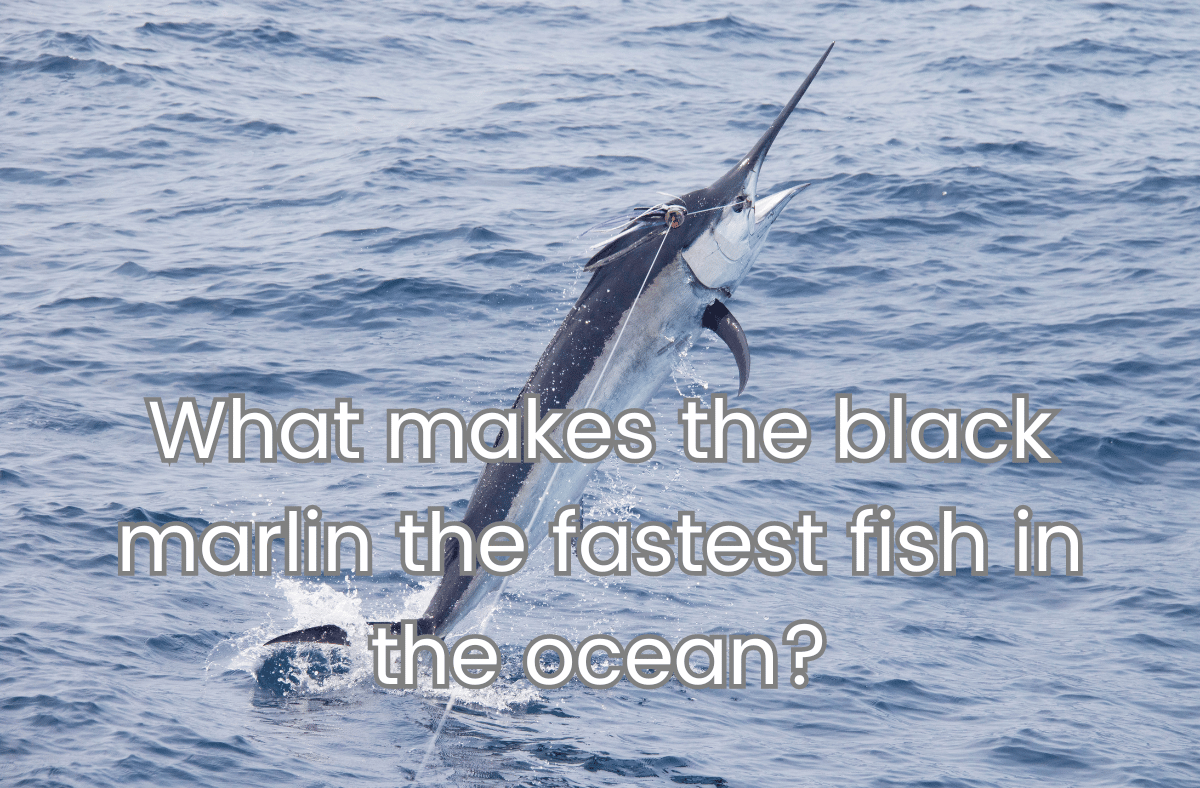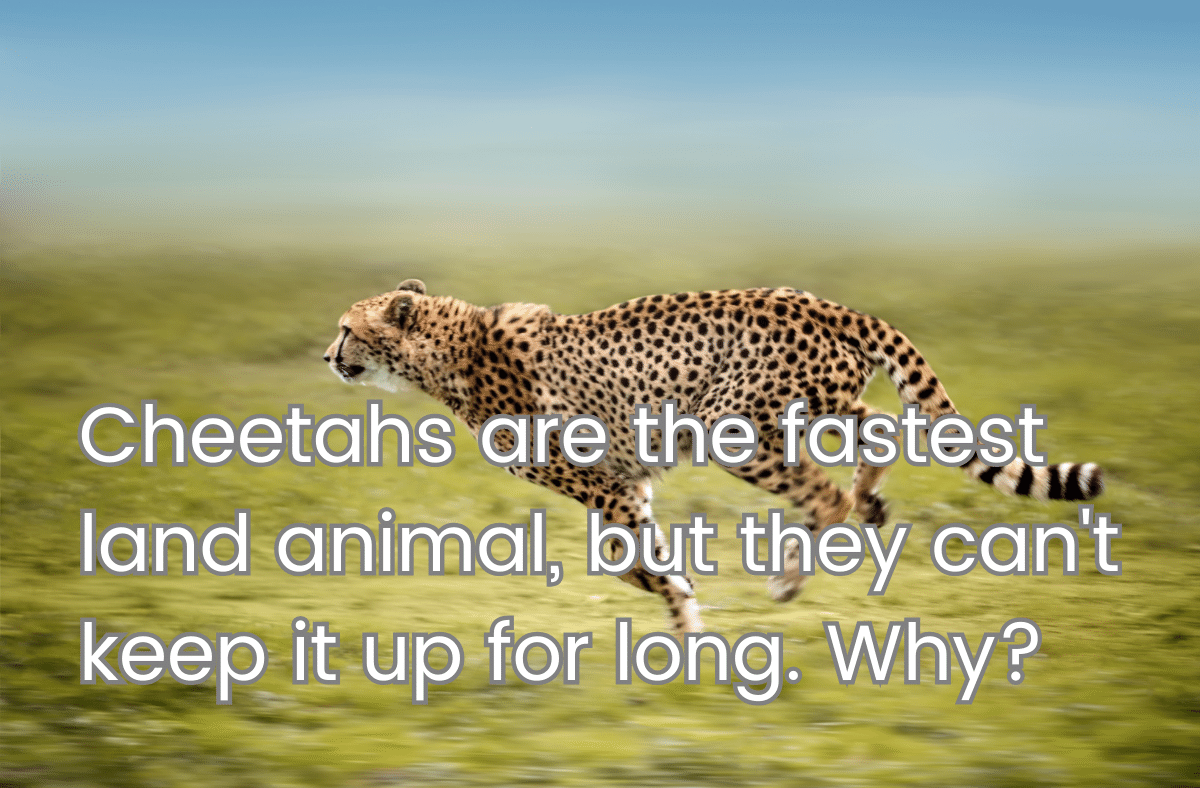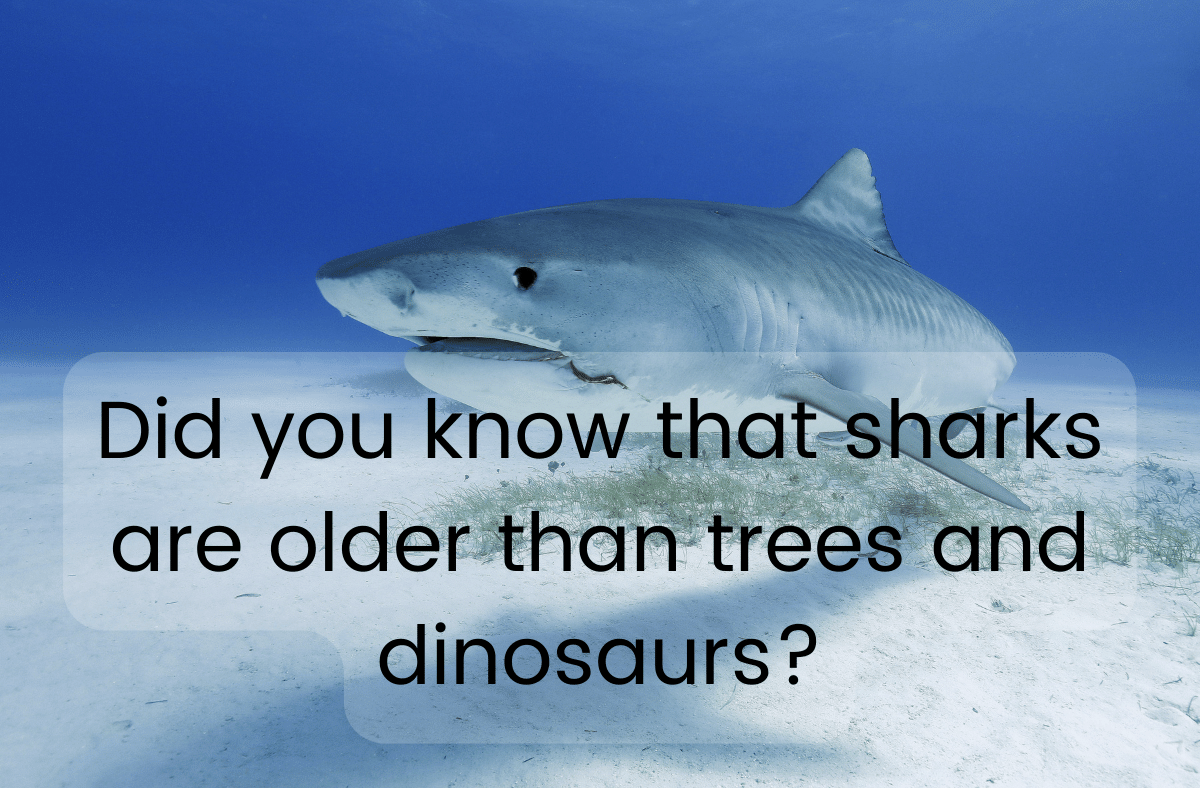Turtles are fascinating creatures that have been around for millions of years. They have adapted to various environments and have developed some amazing abilities. Some of these abilities can help them live longer than humans, and even longer than some other animals. In this article, we will explore seven unbelievable ways that turtles can outlive you and what we can learn from them.
How Turtles Can Live for Hundreds of Years
Turtles have a secret to longevity: slow metabolism. This means they use less energy and produce less waste. As a result, their cells and organs are less damaged by oxidative stress. Additionally, some turtles can hibernate for months or even years. During this time, they lower their heart rate and oxygen consumption. This helps them survive harsh conditions and avoid predators. Furthermore, turtles have genes that protect them from aging and cancer. These genes help them repair DNA and prevent cell death. Therefore, turtles can live for hundreds of years.
The Secret of Turtles’ Slow Metabolism
Turtles have a slow metabolism. This means they use less energy than other animals. As a result, they need less food and oxygen. Therefore, they can survive longer without eating or breathing. Moreover, they can tolerate low temperatures and high pressures. These abilities help them live in harsh environments. In conclusion, turtles’ slow metabolism is a key factor for their longevity.
Turtles’ Amazing Ability to Survive Without Oxygen
Turtles can survive without oxygen for a long time. How do they do it? They lower their metabolism and heart rate. They also use anaerobic respiration. This means they break down sugar without oxygen. Lactic acid is produced as a waste product. It is stored in the shell and bones of the turtle. When oxygen is available again, the turtle can get rid of the acid. This amazing ability helps turtles survive in harsh environments.
How Turtles Protect Themselves from Predators and Diseases
Turtles have amazing survival skills. They can hide in their shells from predators. Some can even change their color to blend in with their surroundings. Turtles also have strong immune systems that help them fight off diseases. Some can even regenerate lost limbs or organs. Turtles are truly remarkable animals that can outlive many other creatures.
The Benefits of Turtles’ Herbivorous Diet
Turtles are mostly herbivorous, meaning they eat plants. This diet has many benefits for their longevity. Firstly, plants are rich in antioxidants, which protect the cells from damage. Secondly, plants are low in calories, which prevents obesity and metabolic diseases. Thirdly, plants are high in fiber, which aids digestion and reduces inflammation. Therefore, turtles can live longer by eating plants.
How Turtles Adapt to Different Environments and Climates
Turtles are amazing creatures that can adapt to different environments and climates. They have special features that help them survive in various habitats. For example, some turtles can hibernate in cold weather. Others can burrow underground to escape the heat. Some can even breathe through their skin or cloaca when underwater. These adaptations allow turtles to live longer than most animals.
The Future of Turtles in a Changing World
Turtles face many threats in a changing world. Climate change affects their habitats and nesting sites. Pollution harms their health and food sources. Illegal trade endangers their survival. However, turtles have some advantages. They can adapt to different environments and diets. They can live for a long time without food or water. They can also hibernate or migrate to avoid harsh conditions. Turtles are resilient animals that can outlive many other species.
















